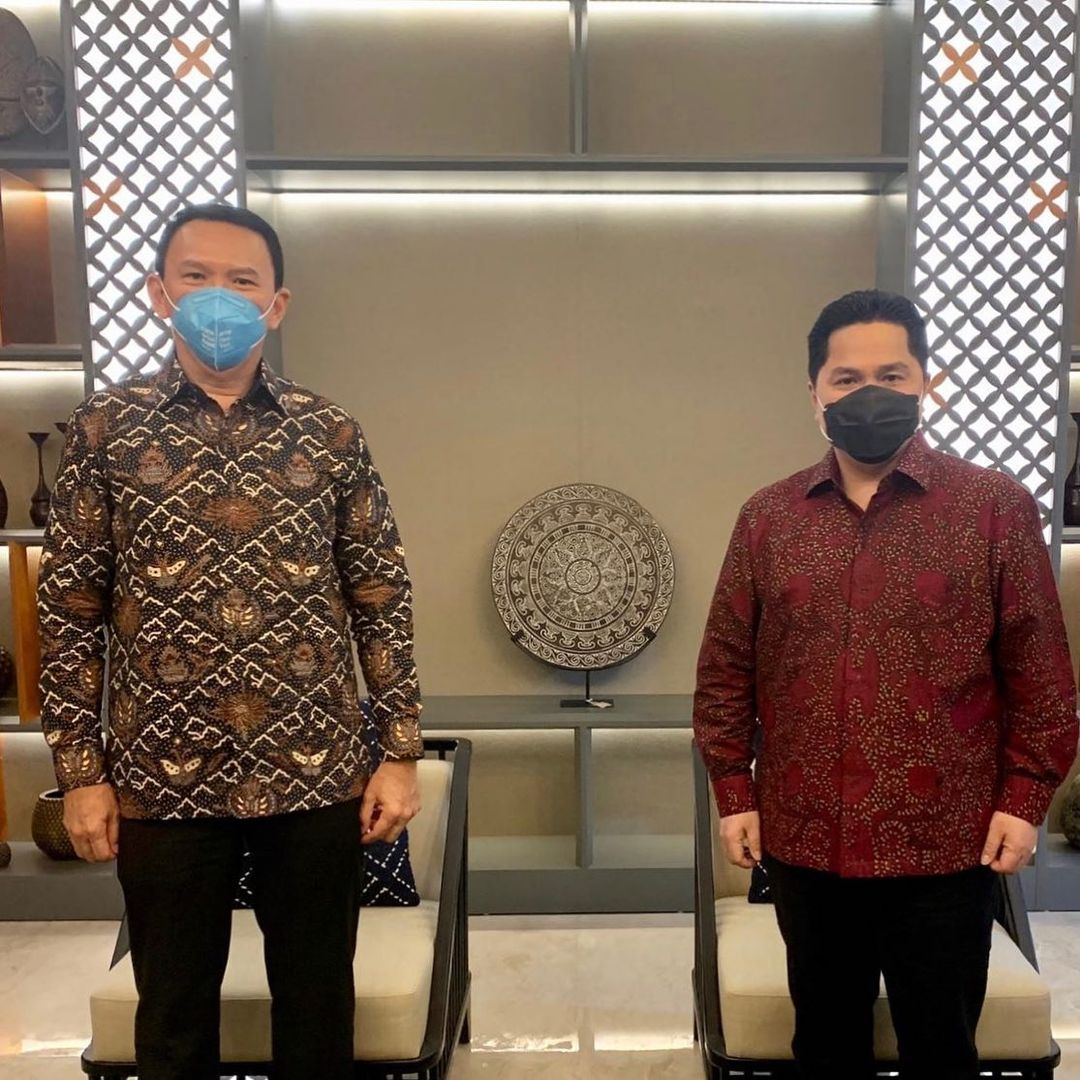Kapanlagi.com - If you are looking for an official reference regarding the meaning of cuan in the Great Indonesian Dictionary (KBBI), you won't find it. However, the word cuan in business is frequently used, especially in discussions among entrepreneurs. The word cuan itself actually comes from the Hokkien language.
Like other foreign languages, this word is increasingly commonly used by Indonesian speakers. However, what does cuan actually mean? Not to mention the other terms that often follow it, namely cengli and cincai. Without understanding their meanings, you may make mistakes and appear careless in their use.
Now, to help you understand the meaning of cuan, cengli, and cincai, here is some information that you need to pay attention to. With this, you will be more confident in discussing business principles. You will also not feel awkward using foreign terms in Indonesian conversations.
1. Meaning of Cuan, Cengli, and Cincai

Meaning of Cuan, Cengli, and Cincai (Credit: Pixabay)
As mentioned above, to understand the meaning of cuan, you need to trace the origin of the word from the Hokkien language. Cuan in Hokkien means profit. So why do Indonesian people use cuan more often than keuntungan (profit)?
This is related to the Chinese community, who are known as savvy businesspeople. This term is commonly used by entrepreneurs in China. Since there are also many Chinese entrepreneurs in Indonesia, the use of the term cuan has the opportunity to be used commonly.
In addition to profit, cuan can also be interpreted as gain, income, earnings, or luck. If you are already familiar with cuan, then what about the terms cengli and cincai, which are also often mentioned in business conversations?
The meaning of cengli is rightful, reasonable, honest, or sincere. Unlike cuan, the word cengli is already listed in the Indonesian Dictionary (KBBI). As its meaning suggests, honesty is one of the principles that should be upheld in business.
The next term is cincai. In business, for example in a trade, the word cincai is used when the transaction between the seller and the buyer reaches a point of agreement. This also aligns with the principles of business. To understand this principle, let's take a look at the practice of the 3C principle carried out by Ahok, in the following explanation.
2. Meaning of Cuan and 3C Principle by Ahok

Meaning of Cuan and Ahok's 3C Principle (Credit: Instagram/basukibtp)
Basuki Tjahaja Purnama, commonly known as Ahok, is a Commissioner of PT Pertamina (Persero). As a commissioner, Ahok has a principle to grow the company through 3C. According to Liputan6, Ahok uses words from Mandarin language, cengli, cuan, and cincai.
"Cengli means fairness, ease in doing business. Second, cuan means profit, we need profit. (Third) Solution, cincai means easy," said Ahok at the 2020 International Convention on Indonesian Upstream Oil & Gas, which was held virtually in 2020.
The meaning of cuan, cengli, and cincai spoken by Ahok can also be held as business principles, KLovers. In addition, Ahok also emphasizes that running a business is actually very simple and does not require excessive talking. According to the cengli principle, Pertamina must have honesty, transparency, or openness in its policies.
Furthermore, according to the cengli principle, Pertamina can become simple and flexible to facilitate compromise with all parties in the investment process.
3. Philosophy of Chinese Business Culture

Philosophy of Chinese Business Culture (Credit: Pixabay)
As explained, the meaning of cuan is profit. A businessman indeed needs to prioritize profit in a company. However, in reality, profit is not just about money. Other benefits that can be obtained also need to be considered, and conversely, something that is not beneficial is better to be stopped.
That means, businessmen who adhere to the cuan principle usually prioritize savings and simplicity in order to prioritize profit or usefulness. Now, to broaden your knowledge, let's directly see the explanation of the philosophy of Chinese business culture below.
- Philosophy "With harmony, comes prosperity"
According to information from Marketeers, this philosophy means how important harmony is in ensuring wealth in business. This philosophy is also reflected in the business culture in China, which views everything in the long term.
- A word is worth a thousand gold bars
Words are something that must be firmly held by everyone. In this case, China is known for having great respect for agreed-upon rules. This makes them tend to comply with applicable regulations. This is also what makes them quite open in expressing their desires. If not, they will say no, if yes they will say yes.
As someone who is interested in the business world, an explanation of the meaning of cuan, cengli, cincai along with the philosophy of business culture above will be quite useful for you. Now, you already understand the meaning of cuan that is often used in business discussions.
(kpl/gen/ans)
Disclaimer: This translation from Bahasa Indonesia to English has been generated by Artificial Intelligence.















